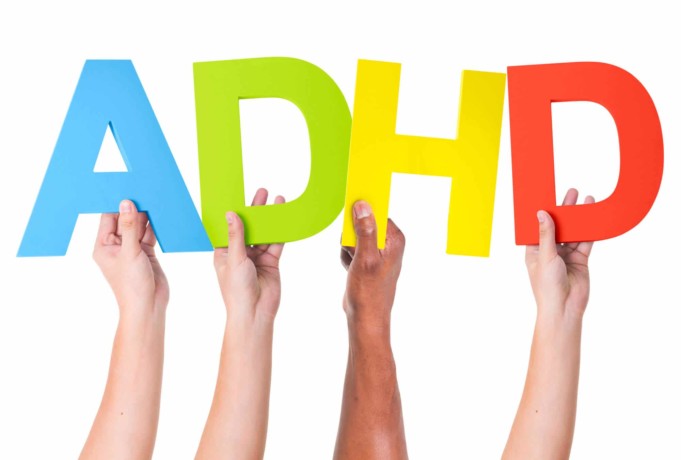Being diagnosed with ADD/ADHD often carries a myriad of emotions. On the one hand, ADD/ADHD can be a frightening, frustrating disorder, so it’s a relief to have a name and treatment plan for it. On the other hand, having that diagnosis can also cause worry and doubt, both for the person with the diagnosis and his or her loved ones.
As with other disorders and disabilities, ADD/ADHD has a reputation for underscoring only what is negative about a person, but in truth, this condition does have a positive side. Moreover, ADD/ADHD often causes positive changes for those with the diagnosis and their families.
Better Health
Increasingly, physicians are finding connections between healthy living and the improvement of the manifestations of some disorders, including ADD/ADHD. Medications like Ritalin and Adderall are still prescribed for ADD/ADHD, but they are no longer the first course of action for many physicians and parents. This is due to their side effects and the lack of information on the part of the brain the medications target.
In conjunction with, or in place of, traditional meds, doctors now often prescribe gluten-free or casein-free diets, as well as vitamins and herbal supplements. These can include Confianza, a supplement from the It Works company that targets fatigue, poor concentration, and mood swings, or B12 and B6 vitamins, which also stabilize mood and may increase serotonin.
A third popular herbal supplement for those with ADD/ADHD is the Focus Formula, a supplement in the form of a nasal spray known to decrease hyperactive behavior in addition to stabilizing mood and concentration. Most of these supplements also work well in modified diets, and because they are not specifically for ADD/ADHD, can result in health benefits for entire families.
Focus on Creativity and Giftedness
People with ADD/ADHD may suffer from lack of confidence if their diagnosis results in lowered expectations or bullying. Yet, this reaction can be minimized or eliminated quickly if the focus is placed on positive traits.
People with ADD/ADHD may be known for poor concentration, poor memory, and hyperactivity, but these same issues have a positive side. For example, these same people are usually quite creative and automatically think outside the box.
Many students with ADD/ADHD can be identified as gifted and receive services aimed at their strengths. People with ADD/ADHD can also be spontaneous and sanguine, making dates and get-togethers with them surprising and fun.
Opportunities to Show Compassion
As with many other diagnoses, a diagnosis of ADD/ADHD means that the lifestyle of a person or family must change. This can be difficult, but it can also encourage more compassion and understanding in family members.
That is, as everyone learns together what ADD/ADHD means, they are likely to develop more patience with each other. It’s also likely that a newly diagnosed person will seek out those with which he or she shares common struggles and successes. This often results in increased knowledge about the disorder, as well as empathy for those whose experiences may have been different before and after diagnosis.
A diagnosis of ADD/ADHD can bring to mind all sorts of negative implications. Yet, the disorder does have a positive flip side. As everyone learns about the diagnosis together, these positive traits will become more apparent and likely lead to a stronger, more knowledgeable, more compassionate family.












